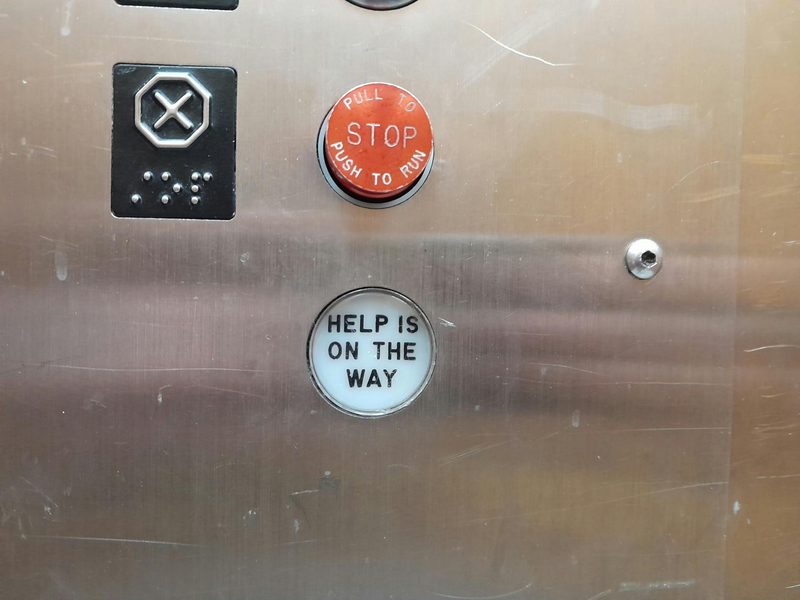
How to Switch Off Your Justice Button

Yesterday on the train something happened that caught me off guard. A man started projecting all sorts of things onto me, based on stereotypes. He accused me of things that had nothing to do with me, and yet I felt it instantly: my sense of justice switched on. My heartbeat rose, I got angry, and I noticed I wanted to speak up. Because this wasn’t fair.
Maybe you know that feeling. A colleague taking credit for your idea, a manager who doesn’t listen, or a family member who judges you without really knowing you. Your sense of justice kicks in, and before you know it, you’re resisting. Psychological research shows this runs deep. Equity theory (Adams, 1965) suggests that people are constantly weighing the balance between giving and receiving. As soon as that balance tips, we experience tension.
Brain research has shown that injustice can literally hurt. In experiments where participants were treated unfairly in a game, the same brain region lit up as when experiencing physical pain (Sanfey et al., 2003). So injustice isn’t just unpleasant — it affects us physically. No wonder anger rises so quickly.
Reflex
On the train, I felt my body shift into fight mode. My thoughts went in circles: this isn’t right, this must be corrected. And I’m not alone. The American psychologist Aaron Beck already described that our first reflex is often an automatic, black-and-white judgment. We want to correct, to be right, to restore balance. But that’s not always possible.
What helped me was simply naming it: my justice button is on. That may sound odd, but just recognizing the reflex creates distance. Research on mindfulness and stress regulation shows that such small moments of awareness are crucial (Kabat-Zinn, 1990). By pausing to breathe, my anger eased and I could think again: do I really want to act on this, or not?
Influence
The American psychologist Julian Rotter distinguished between an internal and external locus of control. People who focus their energy on what they can influence experience less stress. That insight often helps me. I can’t change a stranger on the train, but I can choose whether I let his words affect the rest of my day.
In a work context it’s different. There, it can actually be useful to put your sense of justice to work. If a colleague repeatedly crosses your boundaries, it may be important to speak up or seek support. So your ‘button’ doesn’t always need to be off. It’s about balance.
Letting go
Justice is a value that matters deeply to many people. Switching off your justice button doesn’t mean abandoning your values — it means avoiding constant battles. It’s about making a conscious choice: where do I want to put my energy, and where not?
For me, that sometimes means swallowing my words and reminding myself: this isn’t about me. And in other situations, it means using my voice, because it does matter. What helps is making that distinction again and again.
And maybe that’s the essence: keeping justice as your inner compass, but being able to consciously manage the button. So that you decide when it’s switched on — and when, for your own peace of mind, you turn it off.

About the author
- Karolien Koolhof is a coach voor introverts and gifted individuals
- Author of the book Introvert Leadership
- Contact

